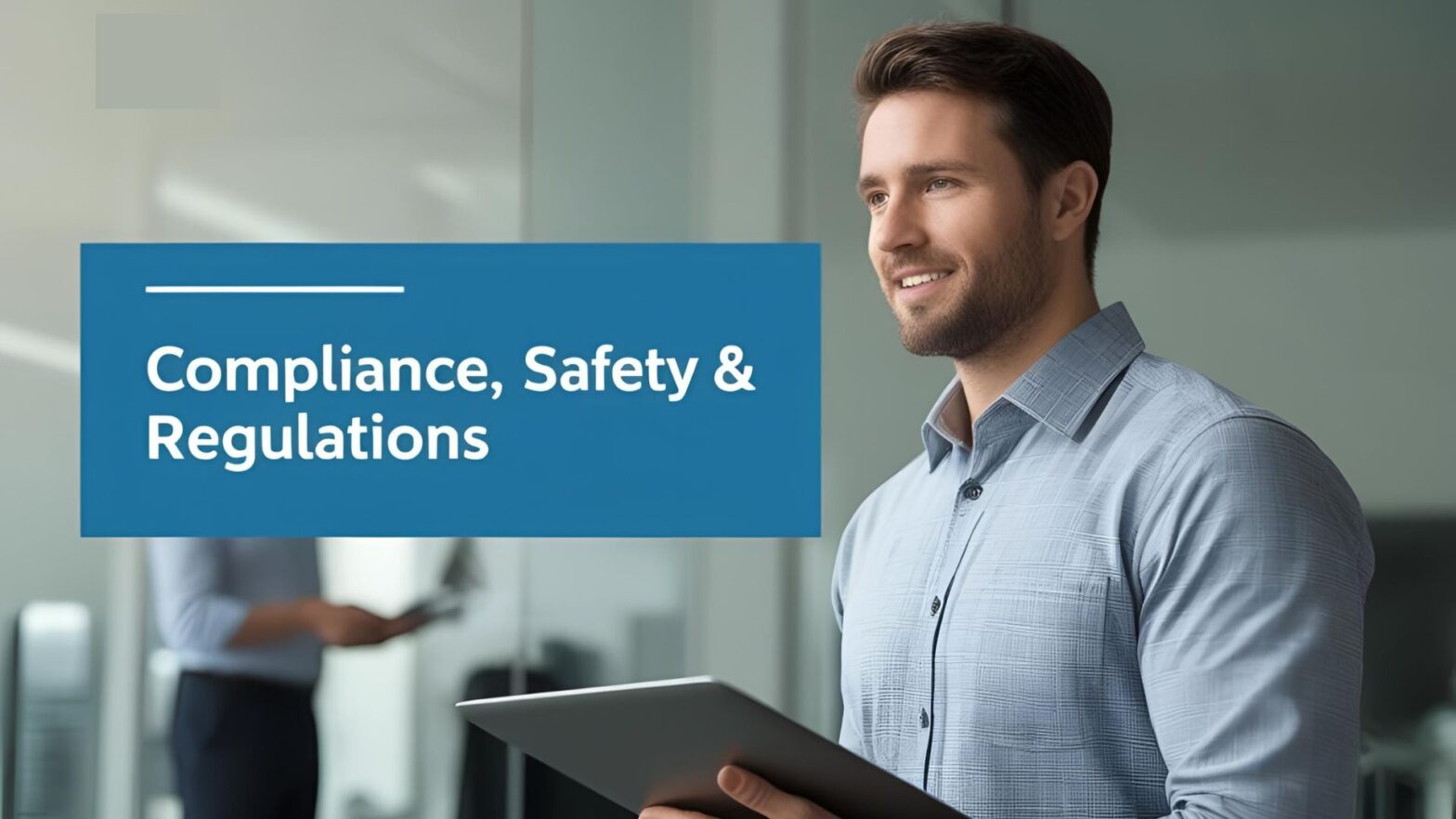In the building materials industry, distribution centers play a critical role in ensuring products are delivered efficiently, safely, and in compliance with various regulations. As such, inspections and audits—whether conducted internally or by external agencies—are not just routine checks but vital processes with significant legal implications. Understanding these legal aspects is essential for businesses to avoid costly penalties and ensure smooth operations.
Regulatory Compliance Is Not Optional
Distribution centers are subject to a wide range of regulations, including health and safety standards, environmental laws, labor laws, and transportation requirements. Inspections by government agencies such as OSHA (Occupational Safety and Health Administration), the Department of Transportation, or state-level regulatory bodies are designed to enforce these rules.
Failing to meet these standards can lead to fines, legal action, and in some cases, suspension of operations. For example, an OSHA violation due to improper storage or unsafe handling of materials can result in both financial penalties and reputational damage.
Internal Audits: A Preventive Legal Tool
Internal audits are often overlooked, but they can serve as a valuable legal safeguard. Conducting regular internal audits helps identify areas of non-compliance before they become liabilities. These audits should cover everything from inventory management and documentation to employee training and equipment maintenance.
Documenting these audits properly is crucial. In the event of an external investigation, demonstrating a consistent and proactive approach to compliance can mitigate legal consequences and show that the company is acting in good faith.
Contractual Obligations with Suppliers and Clients
Many distribution centers operate under strict contractual obligations with both suppliers and customers. These contracts often include clauses that require compliance with specific standards or allow for inspections and audits. Failure to meet these terms can lead to breach-of-contract claims, which can be expensive and time-consuming to resolve.
To avoid disputes, it’s important to understand the exact requirements of these agreements and ensure all parties are aligned on what is expected in terms of audits and compliance protocols.
Privacy and Data Security Concerns
Inspections and audits often involve reviewing sensitive data, including employee records, inventory levels, and financial information. Distribution centers must ensure that any access to this data complies with privacy laws, such as GDPR or CCPA, depending on the region.
Establishing clear protocols for data access and storage during audits can prevent inadvertent violations that could result in fines or legal action.
Employee Rights and Representation
During regulatory inspections, employees may be interviewed or observed. It’s essential to ensure their rights are protected during these interactions. This includes informing them of their rights, allowing them to have a representative present, and ensuring they are not subject to retaliation for cooperating with auditors.
Missteps in this area can lead to labor disputes or complaints to labor boards, which could escalate into legal challenges.
Final Thoughts
Inspections and audits are an unavoidable part of operating a distribution center, particularly in the highly regulated building materials sector. Treating them as a legal obligation rather than a procedural formality helps protect your business from risk. By staying informed, maintaining detailed records, and fostering a culture of compliance, distribution centers can navigate inspections and audits with confidence and ensure long-term operational integrity.


